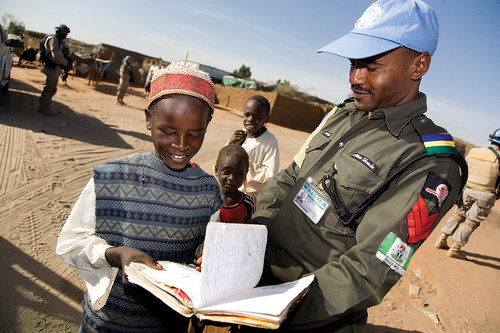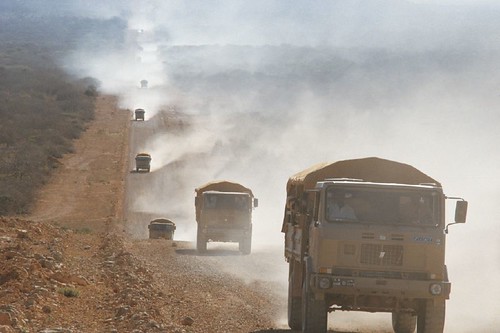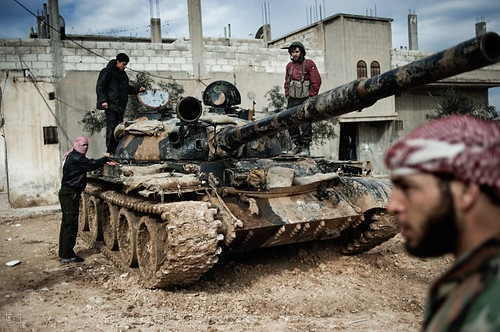
Give peace a chance. This is the message of the High-Level Panel, who singled out peace as a cornerstone of the post-2015 development agenda in their much-anticipated report released yesterday. The report stresses how freedom from conflict and violence are not just a means to an end, but ends in and of themselves. Such freedoms are “fundamental human entitlements” and “essential foundations for peaceful and prosperous societies.” Given simmering violence in the Middle East and across the Sahel, their message could not be more timely.
In putting peace squarely on the post-2015 development agenda, a historical wrong has finally been corrected. When the Millennium Declaration, which gave rise to the Millennium Development Goals (MDGs), was being crafted in the late 1990s, goals and targets on peace and security were quietly dropped from the final text. Now, they are front and center in the discussion. And rightly so. As the panel observes, “without peace, there can be no development.”




